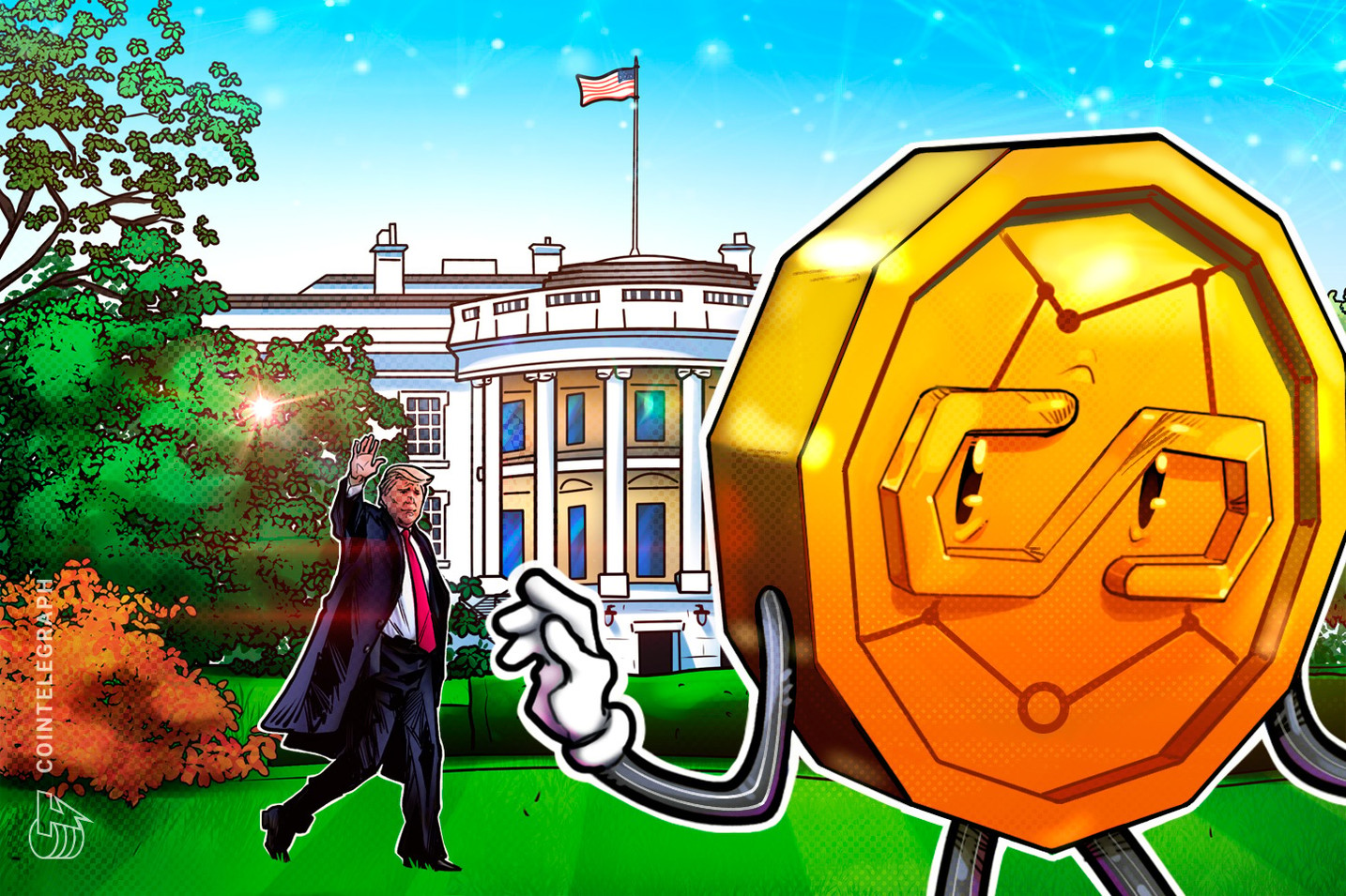5 Reasons Trump’s Stablecoin Could Spark Major Controversy

Lawmaker Alleged Trump’s Conflicted Interests in Crypto
Representative Maxine Waters raised concerns that Donald Trump is leveraging his political position to promote a stablecoin linked to his family’s business, calling for a halt on any related bills in Congress until these conflicts of interest are addressed.

Background and Context
The recent allegations made by Representative Maxine Waters regarding Donald Trump’s intentions to replace the US dollar with his stablecoin have stirred significant controversy within Congress and beyond. This Trump stablecoin conflict of interest raises critical questions about the intersection of financial innovation and ethical governance. Historically, the crypto space has often grappled with regulatory challenges, but the current political landscape complicates these issues further, as seen during past debates over cryptocurrencies and stablecoins.
Waters’ concerns reflect a growing scrutiny of political figures involved in the crypto industry, highlighting ethical implications stemming from potential self-serving motives. Just as the 2008 financial crisis prompted rigorous examination of financial practices, today’s lawmakers are increasingly aware of the risks posed by ties between political leaders and emerging financial technologies. With the stablecoin market rapidly expanding, the potential for misuse parallels debates surrounding previous financial scandals that shook public trust. As the House Financial Services Committee prepares to discuss the implications of stablecoin legislation, the ramifications of Trump’s involvement remain a focal point, prompting calls for greater accountability and transparency in the evolving landscape of cryptocurrency.

Allegations of Trump’s Stablecoin Ambitions
During a recent markup hearing, Representative Maxine Waters raised serious concerns about President Donald Trump’s intention to supplant the US dollar with his stablecoin. Waters critiqued Trump’s apparent conflicts of interest regarding his ties to the cryptocurrency industry, specifically highlighting a stablecoin launched by a family-backed company, World Liberty Financial (WLFI). This Trump stablecoin conflict of interest poses ethical questions about the potential use of presidential power for personal profit.
Waters’ Concerns About Ethical Decay
Waters stated, “With this stablecoin bill, this committee is setting an unacceptable and dangerous precedent,” arguing that it legitimizes efforts that could benefit Trump and his associates financially. She referenced the USD1 token launched by WLFI in March, alongside other ventures like the memecoin introduced in January, underscoring a pattern of leveraging presidential authority for private gain.
Expert Opinions on the Matter
Critics, including lawmakers across party lines, echo Waters’ sentiments, indicating that Trump’s involvement complicates discussions on stablecoin regulation. Committee Chair French Hill commented on the intricacies the Trump family’s stake in the cryptocurrency market introduces to legislative processes. “If there is no effort to block the President of the United States of America from owning his stablecoin business, I will never support this bill,” Waters firmly stated.
The committee is expected to refine provisions within the Stablecoin Transparency and Accountability for a Better Ledger Economy (STABLE) Act while addressing wider issues surrounding cryptocurrency regulations and potential illicit activities. As discussions unfold, the implications of Trump’s stablecoin initiatives continue to generate significant concern about conflicts of interest in the cryptocurrency landscape.

Analysis of Trump’s Stablecoin Conflict of Interest
The recent allegations from Representative Maxine Waters regarding President Donald Trump’s interests in a newly launched stablecoin have significant implications for the crypto and financial regulatory landscape. Waters asserts that Trump’s connections to World Liberty Financial (WLFI), the firm behind the USD1 stablecoin, present a clear conflict of interest that could undermine legislative efforts aimed at regulating stablecoins. This critique signals a growing concern among lawmakers about the intertwining of personal business ventures and public office, raising questions about the integrity of financial governance.
As the industry grapples with these concerns, it illustrates the need for robust regulatory frameworks that can prevent potential abuses of power in the burgeoning cryptocurrency market. The upcoming discussions around the STABLE Act and other related legislation will be critical in determining how Congress addresses these ethical challenges. For investors and consumers, the pushback against the Trump stablecoin conflict of interest may lead to increased scrutiny of crypto projects and a more cautious approach to new financial technologies.

Conclusion
With bipartisan voices calling for transparency, the future of cryptocurrency regulation in the U.S. appears to be at a crossroads, making it essential for stakeholders to remain informed and engaged.
Read the full article here: Lawmaker alleges Trump wants to replace US dollar with his stablecoin






